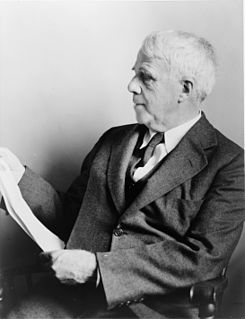 W
WThe following events occurred in January 1900:
 W
WThe following events occurred in January 1901:
 W
WThe following events occurred in January 1902:
 W
WThe following events occurred in January 1903:
 W
WThe following events occurred in January 1909:
 W
WThe following events occurred in January 1910:
 W
WThe following events occurred in January 1911:
 W
WThe following events occurred in January 1912:
 W
WThe following events occurred in January 1913:
 W
WThe following events occurred in January 1914:
 W
WThe following events occurred in January 1915:
 W
WThe following events occurred in January 1916:
 W
WThe following events occurred in January 1920:
 W
WThe following events occurred in January 1921:
 W
WThe following events occurred in January 1927:
 W
WThe following events occurred in January 1933:
 W
WThe following events occurred in January 1943:
 W
WThe following events occurred in January 1946:
 W
WThe following events occurred in January 1950:
 W
WThe following events occurred in January 1959:
 W
WThe following events occurred in January 1960:
 W
WThe following events occurred in January 1961:
 W
WThe following events occurred in January 1962:
 W
WThe following events occurred in January 1963:
 W
WThe following events occurred in January 1964:
 W
WThe following events occurred in January 1965:
 W
WThe following events occurred in January 1966:
 W
WThe following events occurred in January 1967:
 W
WThe following events occurred in January 1968:
 W
W W
W W
WThe following events occurred in January 1971:
 W
WThe following events occurred in January 1972:
 W
WThe following events occurred in January 1975:
 W
WThe following events happened in January 1980:
 W
WThe following events occurred in January 1981:
 W
WThe following events occurred in January 1985:
 W
WThe dump months are what the film community calls the two periods of the year when there are lowered commercial and critical expectations for most new releases from American filmmakers and distributors. Domestic audiences during these periods are smaller than the rest of the year, so no tentpole movies are released. January and February are usually most commonly described this way, with August and September sometimes included. Releases during those times primarily include films that would have been released at other times of year had they done better at test screenings, films with less prominent stars, genre films, movies that cannot be easily marketed and films intended for a teenage audience, which has fewer entertainment options outside the home.
 W
WIanuarius, fully Mensis Ianuarius, was the first month of the ancient Roman calendar, from which the Julian and Gregorian month of January derived. It was followed by Februarius ("February"). In the calendars of the Roman Republic, Ianuarius had 29 days. Two days were added when the calendar was reformed under Julius Caesar in 45 BCE.
 W
WNivôse was the fourth month in the French Republican Calendar. The month was named after the Latin word nivosus, which means snowy.
 W
WPluviôse was the fifth month in the French Republican Calendar. The month was named after the Latin word pluviosus, which means rainy.